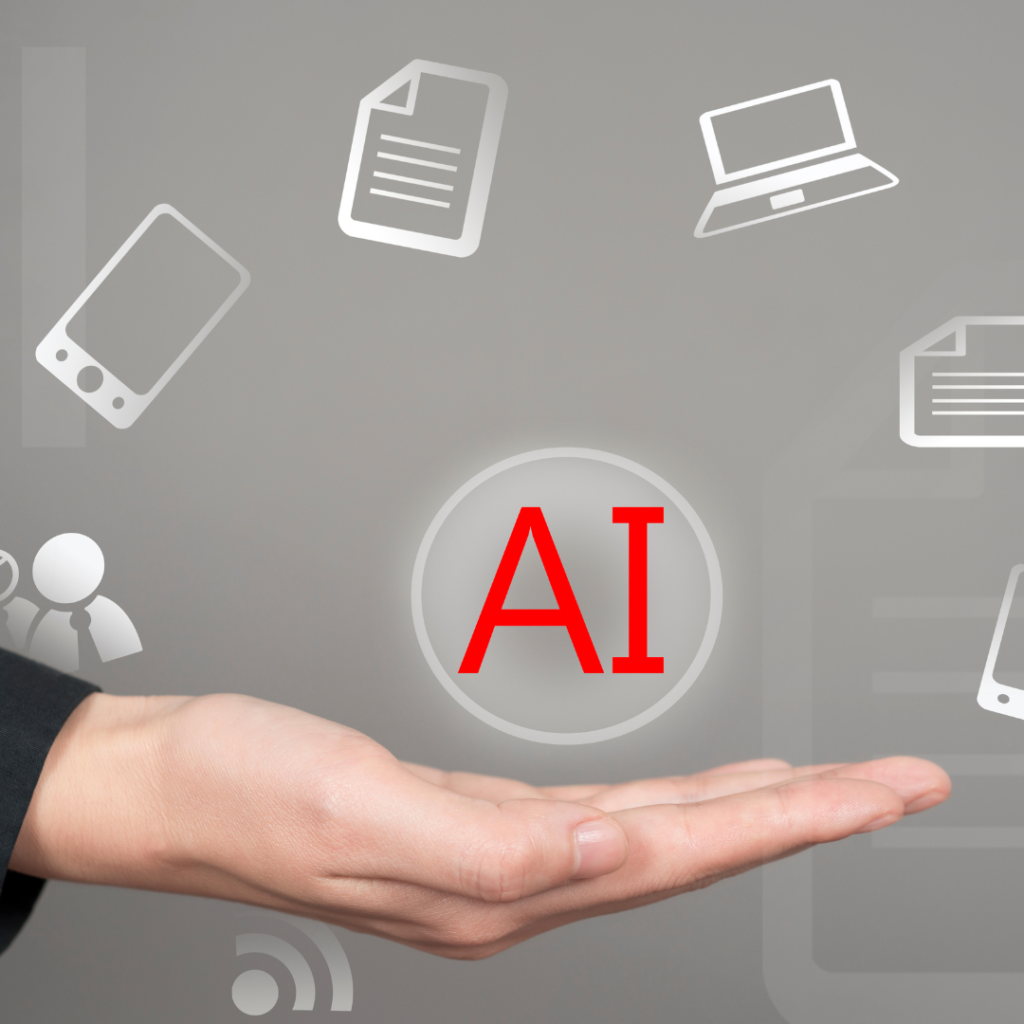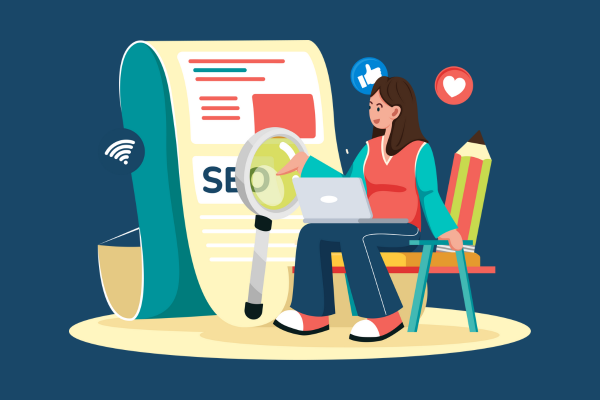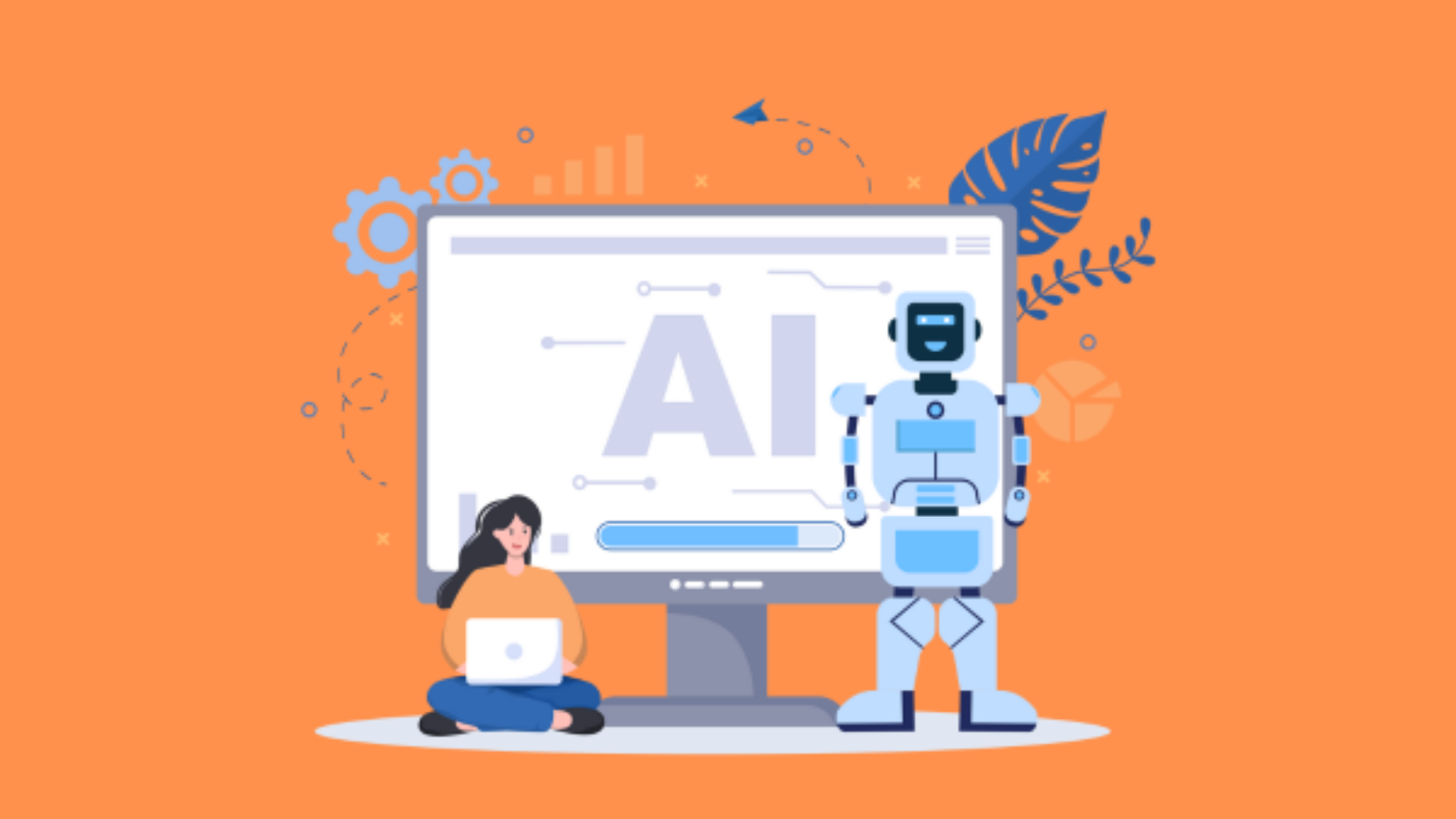In today’s rapidly evolving digital landscape, tech startups are facing more competition than ever. The challenge for these companies is not only to build innovative products but also to market them effectively. Product marketing, an essential part of any startup’s growth, can benefit significantly from the application of Artificial Intelligence (AI). AI Strategy offers startups the ability to streamline their marketing strategies, enhance decision-making, and deliver highly personalized experiences to their customers.
This blog post will explore how tech startups can leverage AI to supercharge their product marketing strategies. From enhancing customer segmentation to driving more personalized marketing campaigns, AI is revolutionizing the way startups approach product marketing.
Table of Contents
1. Introduction: Why AI Matters in Product Marketing for Tech Startups
AI technology is reshaping how businesses operate across all industries. For tech startups, the fast pace of growth and constant need for innovation demand efficient and scalable marketing solutions. Product marketing is often the first point of customer interaction, and how startups engage with their audience can make or break their success.
AI in product marketing not only automates tedious tasks but also helps marketers make better, data-driven decisions. By harnessing the power of AI Strategy, startups can better understand customer needs, create personalized experiences, and fine-tune their marketing strategies in real time. The use of AI for smarter product marketing is not just a trend, it’s an essential tool for any tech startup that wants to stay competitive and grow efficiently.
2. AI Strategy in Product Marketing

Before diving into how AI can be used, it’s important to first understand what AI Strategy is and how it functions in product marketing.
Artificial Intelligence (AI) is the process of creating machines that are designed to mimic human intelligence, enabling them to think, learn, and solve problems autonomously. In the realm of marketing, AI technologies, such as machine learning, predictive analytics, and natural language processing (NLP), allow marketers to analyze large datasets, automate tasks, and deliver personalized experiences to customers.
Here are the key AI technologies relevant to product marketing:
- Machine Learning (ML): A subset of AI, ML focuses on algorithms that can learn from and make predictions based on data. In marketing, ML can help predict customer behavior, optimize pricing, and analyze customer sentiments.
- Natural Language Processing (NLP): NLP enables machines to understand and interact with human language. This can be applied in analyzing customer feedback, social media mentions, and even chatbot interactions.
- Predictive Analytics: This tool leverages AI to forecast customer behavior based on historical data. Predictive analytics can assist marketers in anticipating trends and making proactive marketing decisions.
These technologies are pivotal in automating tasks, improving efficiency, and enhancing the precision of marketing efforts. Now let’s look at how these AI capabilities can directly improve product marketing for tech startups.
3. How AI Enhances Customer Segmentation and Targeting
One of the most impactful ways AI Strategy can revolutionize product marketing for startups is through enhanced customer segmentation and targeting. Traditional methods of segmentation often involve dividing customers based on simple demographic information like age or location. However, AI Strategy goes beyond these surface-level categories by analyzing vast amounts of data and uncovering deeper insights into customer behavior and preferences.
With AI-driven segmentation, startups can create more precise and dynamic customer profiles. Machine learning algorithms can analyze customer interactions, purchase patterns, and even social media activity to create detailed customer segments. These segments can then be targeted with highly relevant content, messaging, and offers.
For example, an AI-powered platform like HubSpot uses machine learning to help businesses segment their customers based on behavior and engagement. AI can also be used to build predictive models that identify which customer segments are most likely to convert. This precision enables startups to allocate their marketing resources more efficiently, ensuring that the right message reaches the right person at the right time.
4. Using AI for Personalized Marketing Campaigns

Personalization is one of the key drivers of successful marketing campaigns. Customers now anticipate tailored experiences that align with their specific needs and preferences. AI helps marketers deliver this by using data to create tailored content, offers, and experiences that resonate with individual customers.
AI Strategy allows startups to track customer interactions across various touchpoints, from social media and websites to email marketing campaigns. By analyzing this data, AI systems can identify patterns and predict customer preferences. With this information, startups can develop hyper-personalized marketing campaigns that speak directly to the needs of each customer.
For instance, Netflix uses AI to personalize recommendations for users based on their viewing history. Similarly, tech startups can use AI-powered recommendation engines to deliver personalized product suggestions to their customers. Additionally, AI Strategy can optimize email marketing by tailoring subject lines, offers, and content based on customer behavior, resulting in higher engagement and conversion rates.
5. AI-Driven Content Marketing and SEO Optimization

Content marketing is a vital aspect of any product marketing strategy. Producing high-quality, relevant content is essential for attracting and engaging customers. AI Strategy can enhance content marketing by providing insights into what content will resonate most with the target audience and optimizing it for search engines.
AI tools like Grammarly and Copy.ai help marketers create better content faster by suggesting improvements in tone, grammar, and style. Additionally, AI Strategy can assist in generating content ideas based on trending topics, customer queries, and keyword searches. This allows marketers to stay ahead of the curve and create content that is more likely to drive traffic and engagement.
In terms of SEO, AI tools can automate keyword research, helping startups identify high-ranking keywords, and optimize on-page SEO. AI algorithms can even predict search trends and suggest new opportunities for keyword optimization.
For example, MarketMuse, an AI-powered content research platform, uses AI to analyze content quality and structure, helping marketers optimize their content for better search engine rankings. With AI, startups can create content that is both compelling and SEO-optimized, improving their chances of ranking higher in search results.
6. Enhancing Lead Scoring and Sales Enablement with AI
Lead scoring is another critical component of product marketing that can benefit from AI Strategy. AI-powered lead scoring models analyze customer data, behavior, and interactions to assign a score to each lead, indicating their likelihood to convert. This allows startups to focus their efforts on high-value leads, increasing the efficiency of sales teams.
AI can also help automate follow-up tasks and personalize communication. By analyzing the behavior of leads, AI can trigger personalized emails or messages at the right time, increasing the likelihood of conversion. Additionally, AI Strategy can provide real-time insights into which leads are most engaged, allowing sales teams to prioritize outreach.
For example, Salesforce Einstein is an AI-powered tool that helps businesses with lead scoring and sales forecasting. By analyzing customer data and behaviors, it predicts which leads are most likely to convert and offers recommendations on the best actions to take.
7. Optimizing Pricing Strategy with AI
Pricing is a crucial factor in product marketing, especially for tech startups competing in crowded markets. AI can help startups optimize their pricing strategies by analyzing customer behavior, competitor pricing, and market trends in real-time.
AI-powered pricing tools, such as Dynamic Pricing algorithms, adjust prices based on various factors like demand fluctuations, seasonality, and competitor actions. This dynamic approach allows startups to stay competitive and maximize revenue by adjusting prices based on real-time data.
Additionally, AI Strategy can assist in identifying pricing models that work best for different customer segments. For example, AI Strategy can analyze the behavior of different customer segments to determine whether a subscription model, freemium offering, or one-time payment model is most effective.
8. Predicting Market Trends and Consumer Behavior with AI
One of the most valuable aspects of AI Strategy is its ability to predict future trends and behaviors. Predictive analytics tools use AI to analyze historical data and forecast future consumer actions. For tech startups, this means being able to anticipate market shifts, customer preferences, and product demand before they happen.
AI Strategy can also help startups identify emerging trends and adjust their marketing strategies accordingly. By staying ahead of the curve, startups can create proactive marketing campaigns that resonate with consumers and capitalize on new opportunities. For example, AI tools like Google Trends use data to predict shifts in search behavior, helping startups identify rising topics and plan their content strategies around them.
9. Integrating AI in Product Launches and Go-To-Market Strategies
Launching a new product is a high-stakes endeavor, and AI Strategy can be a game-changer in ensuring success. AI-powered tools can assist startups in planning, executing, and optimizing product launches.
For instance, AI Strategy can help identify the best time to launch a product, based on market trends and customer data. It can also help optimize messaging and positioning by analyzing customer sentiments and competitor strategies. During the launch, AI can track engagement and real-time feedback, allowing startups to make quick adjustments and maximize impact.
AI Strategy can also play a significant role in Go-To-Market (GTM) strategies by identifying the most profitable customer segments to target and predicting the best channels for distribution.
10. Challenges and Considerations When Implementing AI in Product Marketing
While AI offers tremendous benefits, there are challenges that tech startups should consider when implementing AI Strategy in their product marketing strategies. These challenges include:
- Data Privacy and Security: AI relies on large datasets, which raises concerns about data privacy and security. Startups must ensure they comply with regulations like GDPR when handling customer data.
- Bias in AI Models: AI algorithms can inadvertently perpetuate biases if they are trained on biased data. Startups need to ensure that their AI models are fair and unbiased.
- Resource Constraints: Implementing AI can require significant investment in technology and expertise, which may be a challenge for startups with limited budgets.
To overcome these challenges, startups should prioritize transparency, invest in AI training, and use ethical AI practices.
11. Case Study: Successful AI Strategies in Tech Startup Product Marketing
A great example of AI’s success in product marketing is HubSpot, a leading inbound marketing platform. HubSpot uses AI to help companies optimize their marketing strategies through predictive analytics, smart lead scoring, and dynamic content recommendations. By leveraging AI, HubSpot has been able to provide its users with actionable insights that enhance customer engagement and lead conversion.
12. Conclusion: The Future of AI in Product Marketing
AI is no longer just a buzzword – it is a powerful tool that tech startups can use to optimize their product marketing strategies. By leveraging AI technologies like machine learning, natural language processing, and predictive analytics, startups can automate tasks, personalize marketing efforts, and gain deeper insights into customer behavior.
As AI continues to evolve, its role in product marketing will only grow. Startups that embrace AI early will be better equipped to compete in an increasingly data-driven world. For tech startups, AI is not just a luxury – it is an essential tool for smarter, more effective product marketing.
By embracing AI, tech startups can make smarter marketing decisions, streamline their processes, and ultimately deliver better products and experiences to their customers.

